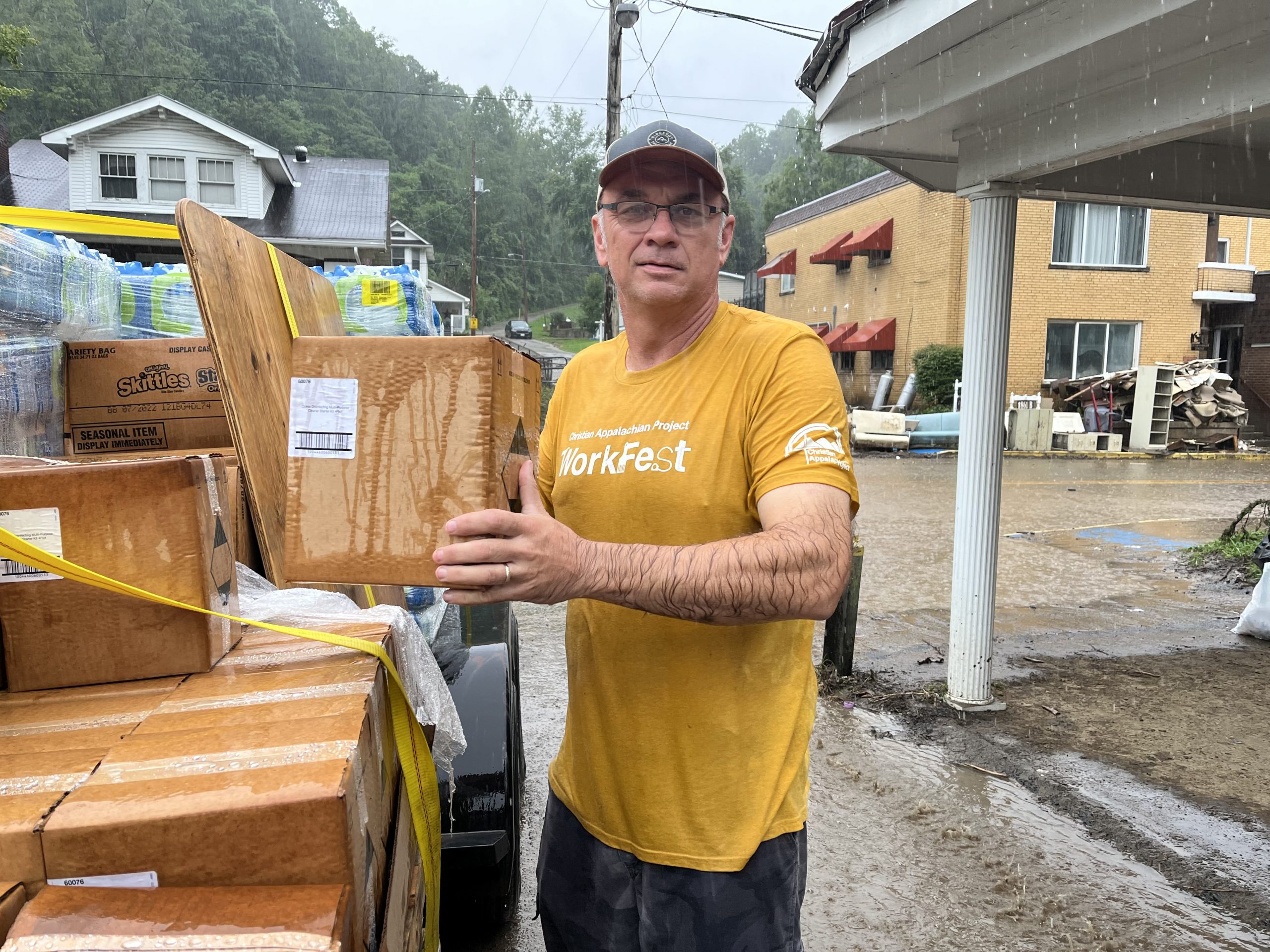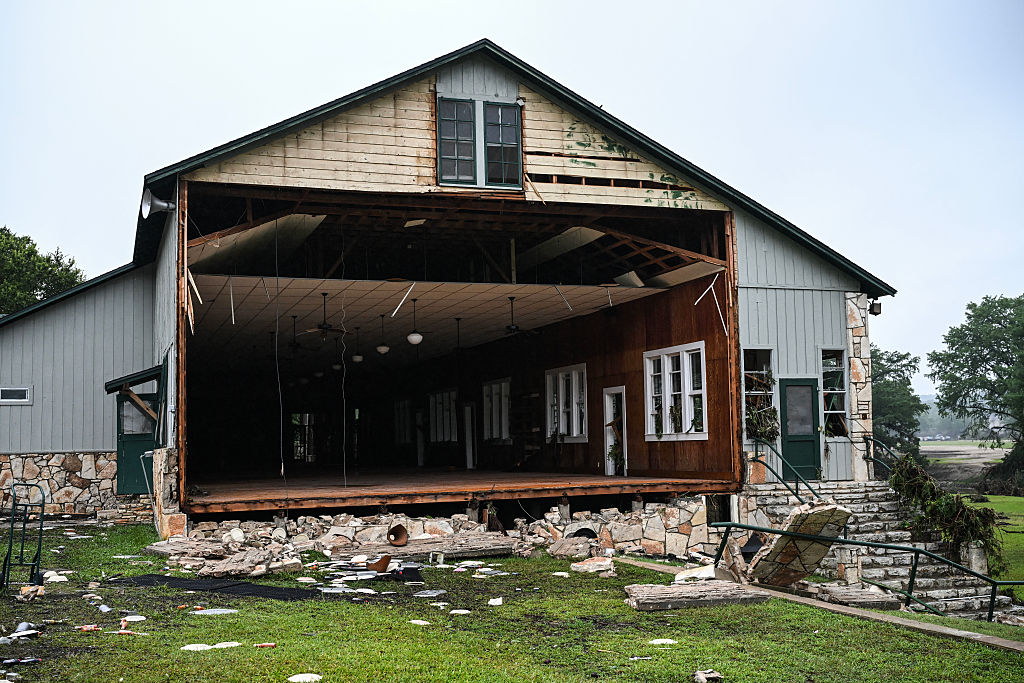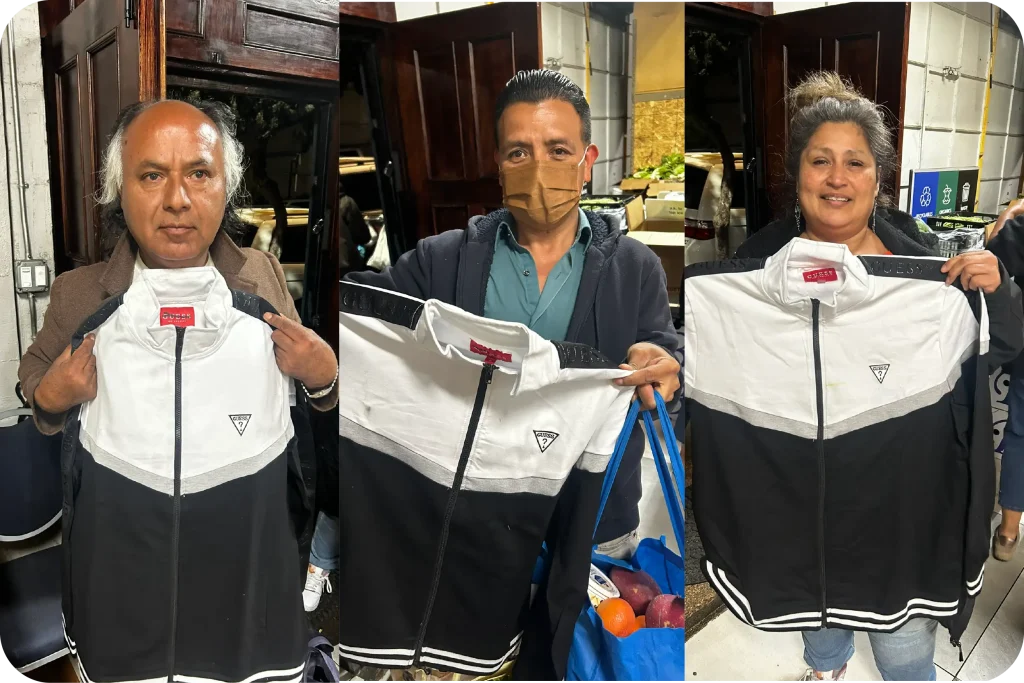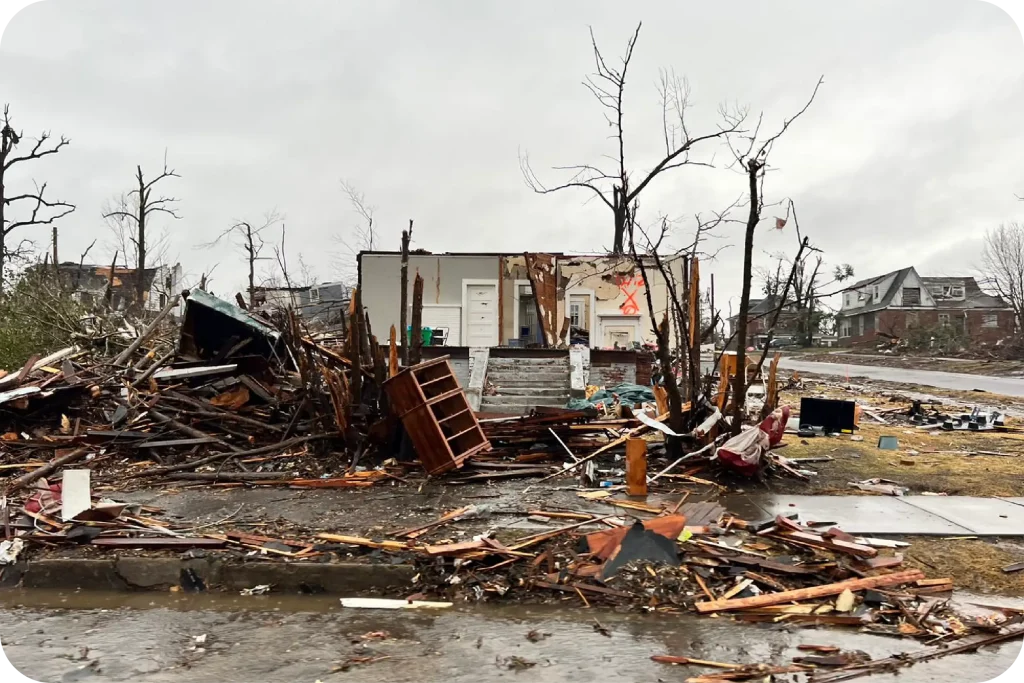As the country learns about the floods in Eastern Kentucky, we open our hearts and want to help. Sometimes, however, that help is misguided, and people and organizations send goods that are not needed, diverting resources and focus away from lifesaving and life-preserving activities, and clogging up supply routes and warehouses with items that are not needed. Most unsolicited goods go to waste because they are not the right goods at the right time.
Please remember, DON’T SEND donated items unless they have been requested by a specific and vetted organization that is working in coordination with local governmental and nonprofit partners and have been confirmed as unduplicated. You can find current unmet product needs on the Good360 website and other reliable sources, including the Kentucky Office of Emergency Management. Examples of potentially problematic donations often include unsolicited and unsorted clothing as well as expired foods.
In the meantime, here are some best practices when it comes to disaster giving.
Disaster Do’s and Don’ts:
Do:
- Consider giving a monetary donation
- Cash donations allow responding organizations to purchase food, water, medicine, and equipment they know they need. It also allows flexibility to address urgently developing needs, as well as needs that arise over the coming months and years of long-term recovery.
- Donate before disaster strikes
- Working with responsible disaster recovery organizations like Good360, your donations can be pre-positioned in areas likely to be impacted by a disaster, allowing for a near-immediate response when tragedy strikes. This shortens the amount of time it takes to get essential goods into the hands of people and agencies in need.
- Buy local when purchasing
- When purchasing goods is necessary, it’s best to obtain needed materials locally, when possible, which can help local economies recover. It also helps ensure that the goods already in the area can be most efficiently distributed.
- Donate products only when confirmed as a need by people on the ground
- If you own or work for a manufacturer or retailer, Good360 can match donations from corporate donors with nonprofit partners on the ground that need those exact items and coordinate the right time to get them there to do the most good possible.
- Invest in long-term recovery
- After a significant weather event, recovery can be a years-long endeavor. Unfortunately, attention wanes after a few short days or weeks. In fact, only 12% of funding is allocated to long-term recovery. Consider giving to organizations committed to staying in the community for as long as it takes to provide true recovery.
Don’t:
- Send unsolicited product donations
- Even seemingly useful items like blankets, toys, and nonperishable foods can be harmful if not aligned with needs on the ground and without a means by which those donations can be properly received and distributed. These donations force agencies to redirect staff and volunteers away from providing direct services to survivors to sort, package, transport, warehouse, and distribute items that may not meet the needs of disaster survivors.
- Give without vetting the recipient
- Whether via crowdfunding, social media, or another platform, be mindful that some forms of giving don’t require accountability or transparency about how your funds are used. Consider using tools like Charity Navigator’s Hot Topics page to ensure that your donations are received by vetted organizations and used responsibly.








